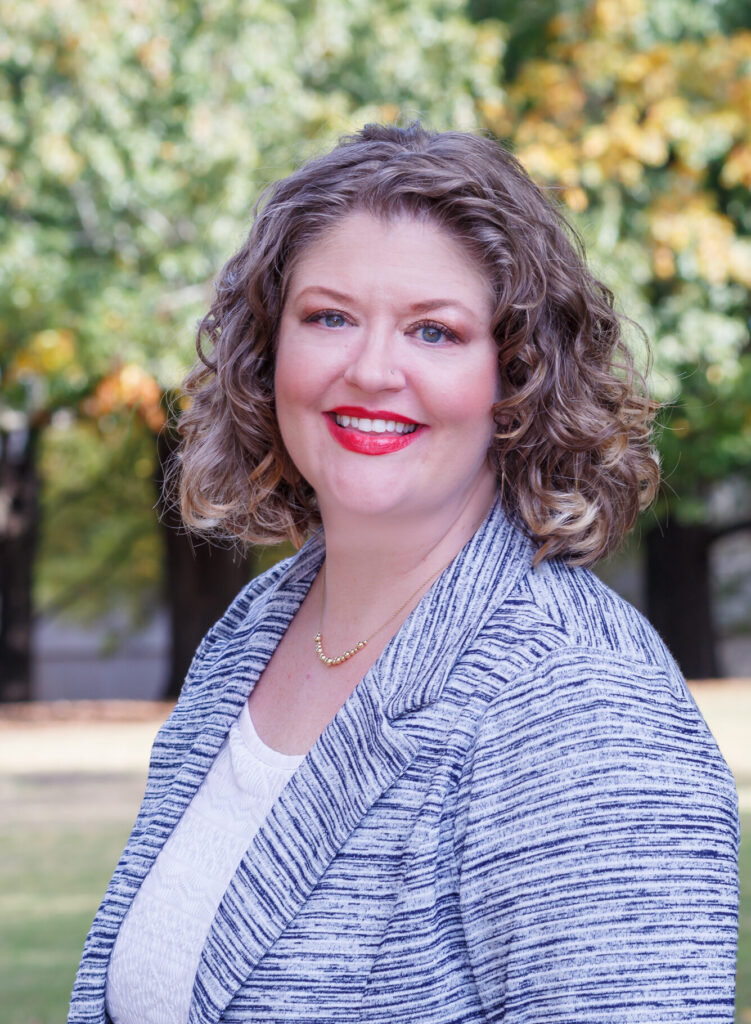Advent: God With Us

Luke 1:39-55
In those days Mary set out and went with haste to a Judean town in the hill country, where she entered the house of Zechariah and greeted Elizabeth. When Elizabeth heard Mary’s greeting, the child leapt in her womb. And Elizabeth was filled with the Holy Spirit and exclaimed with a loud cry, ‘Blessed are you among women, and blessed is the fruit of your womb. And why has this happened to me, that the mother of my Lord comes to me? For as soon as I heard the sound of your greeting, the child in my womb leapt for joy. And blessed is she who believed that there would be a fulfilment of what was spoken to her by the Lord.’
And Mary said,
‘My soul magnifies the Lord,
and my spirit rejoices in God my Saviour,
for he has looked with favour on the lowliness of his servant.
Surely, from now on all generations will call me blessed;
for the Mighty One has done great things for me,
and holy is his name.
His mercy is for those who fear him
from generation to generation.
He has shown strength with his arm;
he has scattered the proud in the thoughts of their hearts.
He has brought down the powerful from their thrones,
and lifted up the lowly;
he has filled the hungry with good things,
and sent the rich away empty.
He has helped his servant Israel,
in remembrance of his mercy,
according to the promise he made to our ancestors,
to Abraham and to his descendants forever.’
In 1991, Buddy Greene wrote the music to the words written by Mark Lowery entitled “Mary Did You Know.” Reading today’s scripture, we learn that Mary knew that her son was going to change the world and flip it on it’s head. It is a unique story in scripture because there are only a handful of stories that have only women characters. By book-ending his gospel with two stories that have only women in them, Luke is subtly sending us the message that when God’s reign comes in it’s fullness, things will be different. This is the very message that we get from Mary’s song in today’s passage.
It is the song Mary sings when she meets Elizabeth her cousin who is also pregnant. Both of these women are pregnant, yet by all accounts, neither of them should be. Elizabeth is well past child-bearing years and Mary is still a virgin. Neither of these women should be pregnant, but somehow, by God’s subversive hand, they are.
When these two women meet, Elizabeth speaks words of blessing to Mary – “Blessed are you among women, and blessed is the fruit of your womb.” At this time in history, words of both blessing and curse were believed to have power – there was the understanding that you could actually speak blessing and cursing into someone’s life. For Mary, Elizabeth’s words would have been important and meaningful. Elizabeth goes on to declare that she knows Mary is carrying the Lord, the coming Messiah.
Next we hear Mary’s response. Chances are this part of the story is less familiar. In just the past century alone, on three separate occasions, in three different countries, by three different dictators the Magnificat was banned from being recited and sung due to its subversive nature.
Mary lifts her voice in song in such a way that we are reminded of Hanna’s song in 2 Samuel 2 when she learns she is pregnant with Samuel. Mary’s song is powerful – it tells us that with the coming of God’s kingdom, all things will change – there will be a reversal of fortune. The lowly will be lifted up, the powerful will be laid low, the hungry will be fed, the rich will go away empty. It is a beautiful image.
Well, it is as long as you aren’t rich or powerful. Is this good news for most of us? Many of us, by the world’s standards are rich – we do not do without. How do we deal with the gospel message that talks about making things even and reversing the fortunes of everyone?
On this fourth week of Advent, our story reminds us that God chose to become human in order that we might more nearly glimpse God’s kingdom among us. What does it mean for us to think of God living in this world in the person of Jesus? May we see that we too, can incarnate the love of God to others. Mary and Elizabeth were both vessels for helping to bring God’s kingdom to this world. We too, are called to play our part in helping to redeem the world in the ways that God’s understands redemption.
Nikki Hardeman
 Rev. Nikki Carroll Hardeman is the director of outreach and alumni relations. She received a Master of Divinity from McAfee School of Theology in 2005 and a Bachelor of Arts from Mercer University in 2002. Having received both degrees from Mercer, Hardeman is proud to be a Double Bear.
Rev. Nikki Carroll Hardeman is the director of outreach and alumni relations. She received a Master of Divinity from McAfee School of Theology in 2005 and a Bachelor of Arts from Mercer University in 2002. Having received both degrees from Mercer, Hardeman is proud to be a Double Bear.